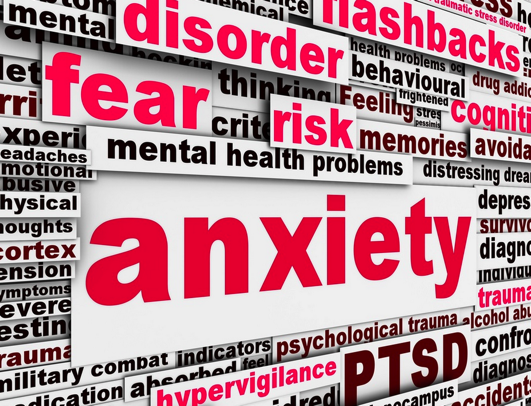Mental Health | Rise in Depression and Anxiety

 Mental Health and Covid | Reports of depression and anxiety rose to a significant 50% and 44%,
Mental Health and Covid | Reports of depression and anxiety rose to a significant 50% and 44%,
...respectively, among US residents during the first 9 months of the COVID-19 pandemic, according to study results published online in Translational Behavioral Medicine.
“The fact that prevalence rates were 6 times higher than national norms from 2019 was striking,” said study coauthor Rebekah Levine Coley, PhD, Boston College, Chestnut Hill, Massachusetts. “As was the fact that these increases were born primarily by younger adults, aged 18 to 29 years, whose rates of anxiety and depression were nearly twice as high as those of older adults, aged 70 and above.”
While evidence from the early weeks of the pandemic showed heightened rates of mental health disturbances, this study assessed the psychological toll in the United States as the pandemic continued.
Researchers analyzed data from almost 1.5 million US adults, weighted to represent the US population, who participated in weekly surveys from April 2020 through November 2020. Respondents self-reported symptoms of anxiety and depression, as well as medication use, counseling services, and unmet needs for mental health services.
Among US adults age 29 or younger, anxiety increased to 65%, and depression to 61%, by November 2020, the study found.
Throughout the first 9 months of the pandemic, use of prescription medication, counseling services, and unmet need for mental health services also increased significantly Probable mental health disorders were most prevalent among young, less educated, single, female, Black and Hispanic residents, researchers found. Over time, disparities between younger, less educated and older, more educated residents grew. Young, female, and moderately educated residents also showed heightened unmet needs for mental health services.
Probable mental health disorders were most prevalent among young, less educated, single, female, Black and Hispanic residents, researchers found. Over time, disparities between younger, less educated and older, more educated residents grew. Young, female, and moderately educated residents also showed heightened unmet needs for mental health services.
“Disparities in estimates of mental health disorders and mental health treatment indicate a striking disequilibrium between the potential need for and the use of mental health services during the COVID-19 pandemic,” said Dr. Coley, a developmental psychologist. “Rising mental health challenges are being borne largely by young, less advantaged people of color, and women, with the potential for expanded interruptions to optimal functioning and societal recovery from COVID-19.”
Source:


